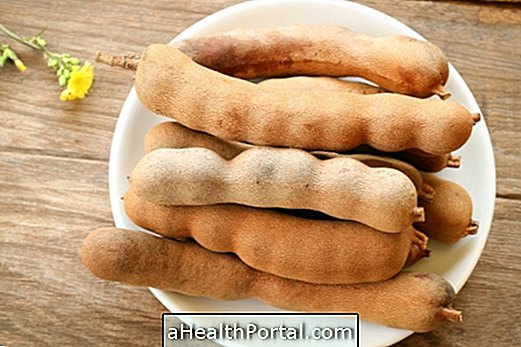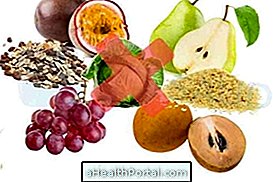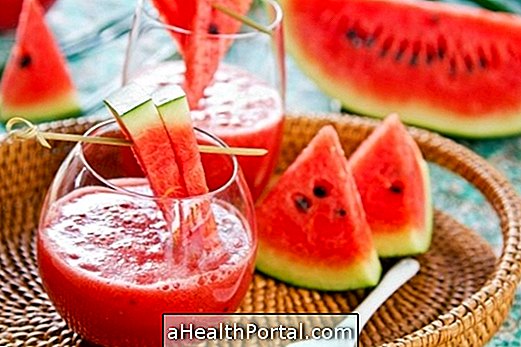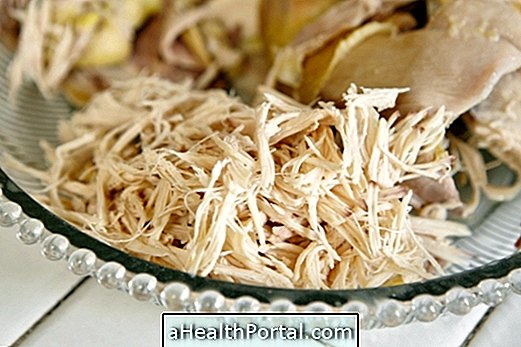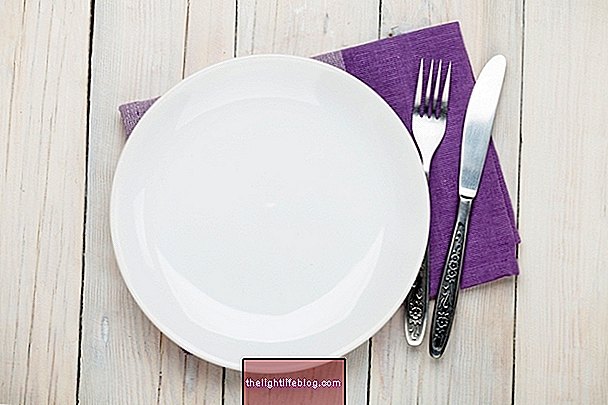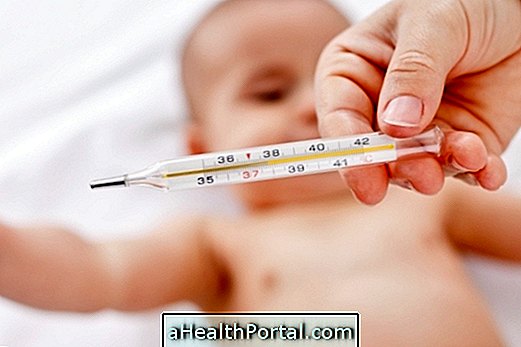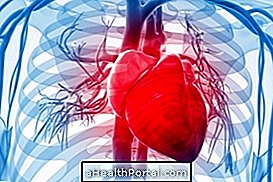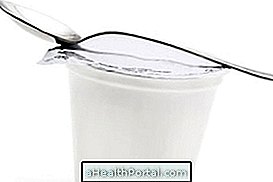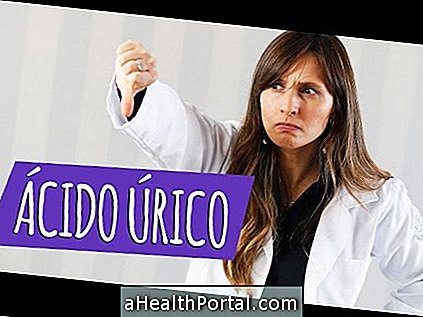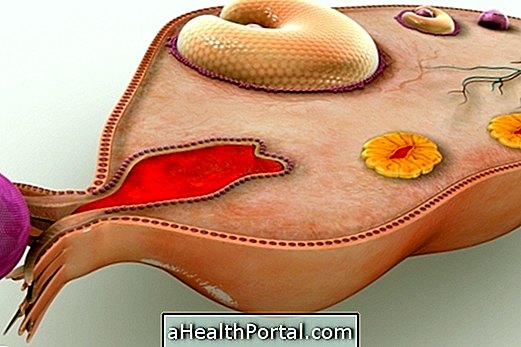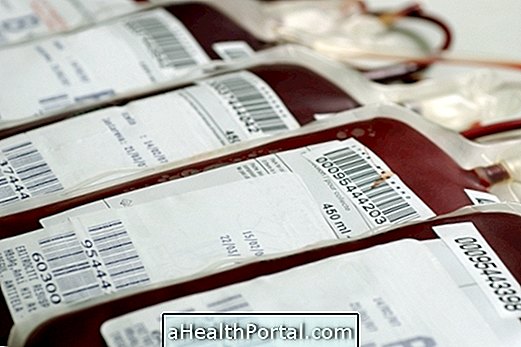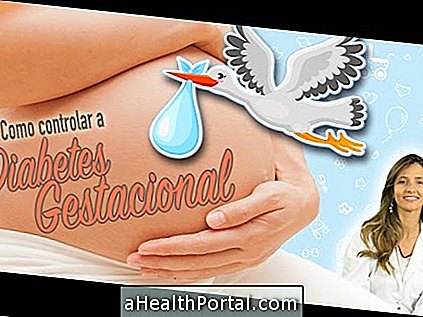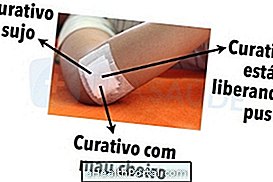Foods rich in vitamin C, such as strawberry, orange and lemon, help strengthen the body's natural defenses because it contains antioxidants that fight free radicals that in excess favor the onset of disease.
Vitamin C should be consumed regularly because it is a great healing and facilitates the absorption of iron and is particularly indicated in the treatment of anemia. In addition vitamin C serves to facilitate skin healing and improve blood circulation, and is great for helping to prevent cardiovascular diseases such as atherosclerosis, for example.
See also some creams and the benefits of Vitamin C for skin.


Table of Rich Foods in Vitamin C
| Foods rich in Vitamin C | Weight | Vitamin C Amount | Energy |
| Raw yellow pepper | 100 g | 201.4 mg | 29 calories |
| Orange juice | 248 g | 124 mg | 159 calories |
| Fresh strawberry | 152 g | 86 mg | 59 calories |
| Papaya | 140 g | 86 mg | 95 calories |
| Kiwi | 76 g | 74 mg | 40 calories |
| Red guava | 100 g | 73.3 mg | 42.5 calories |
| Cantaloupe melon | 160 g | 67.5 mg | 48 calories |
| Tomato juice | 242 g | 67 mg | 27 calories |
| Mango | 207 g | 57 mg | 133 calories |
| Orange | 96 g | 51 mg | 44 calories |
| Broccoli | 92 g | 37 mg | 34 calories |
To take advantage of all the vitamin C present in the food it is recommended to eat the raw food because the heat destroys the vitamin C. In addition, it is good to always consume fresh fruits or fresh juices.
Recommended Daily Dose of Vitamin C
The recommended daily dose of vitamin C is 65 mg for adults. For smokers, the amount is 20 mg more, for each cigarette smoked.
But as pollution and medications can lower the concentration of vitamin C in the blood, the corrected dose of vitamin C should be 120 mg per day for all healthy adults, which corresponds to a glass of orange juice, for example .
When to take effervescent vitamin C
Effervescent vitamin C is indicated primarily for individuals who have symptoms of lack of vitamin C, such as easy bleeding of the skin and gums, which are symptoms of scurvy. Effervescent vitamin C may also be useful for:
- Avoid and fight the purple marks that appear on the skin even in small lesions;
- Accelerate muscle recovery in physical activity practitioners and athletes, aiding muscle hypertrophy;
- Strengthen the immune system, preventing flu and colds;
- Strengthen the cartilage because it promotes the synthesis of collagen by the body, preventing the weakening of the joints.
However, healthy individuals generally do not need vitamin C supplementation because it is easily gained through diet.
How to keep vitamin C longer
To keep vitamin C in food it is important not to leave fruits such as strawberry, papaya, kiwi or shelled orange in contact with the air and exposed to light for a long time as these factors will decrease the vitamin C present in the food.
So when making orange juice or pineapple, it is important to place it in the refrigerator in a dark, capped jar to prevent the juice from counting with the air and the light from the refrigerator.
In addition, vitamin C dissolves in water when cooking foods such as broccoli, cabbage or peppers, and is destroyed at elevated temperatures, so to eat the maximum vitamin C it is important to eat foods naturally without cooking.
See also: Camu-camu - The fruit that has more Vitamin C
